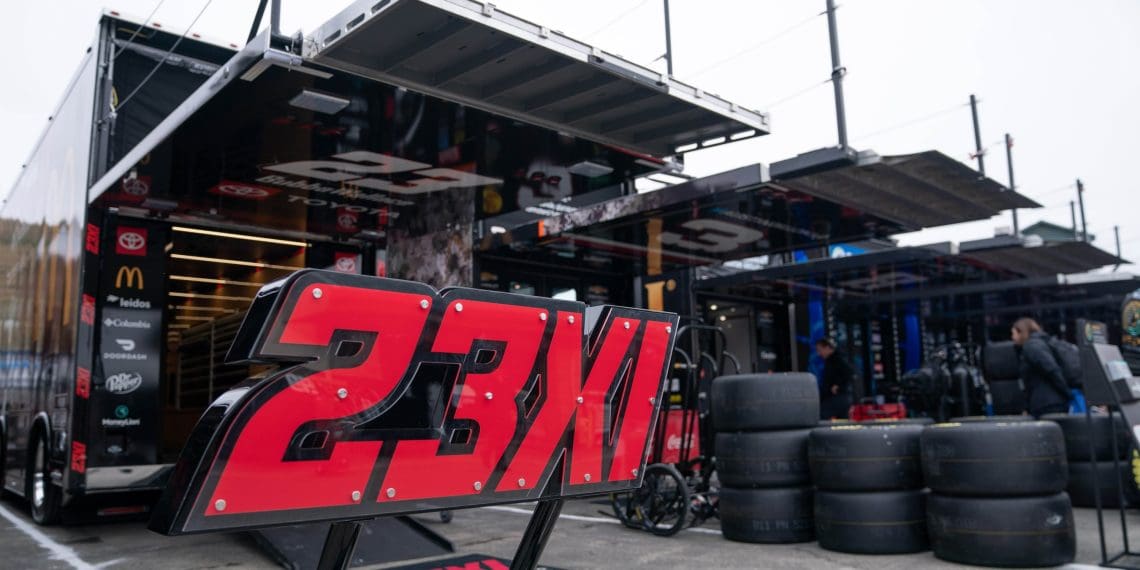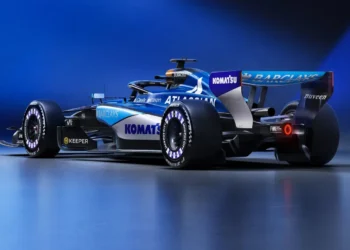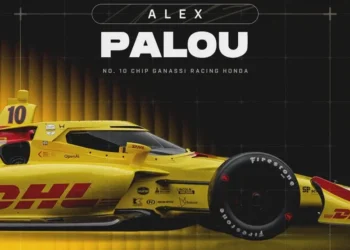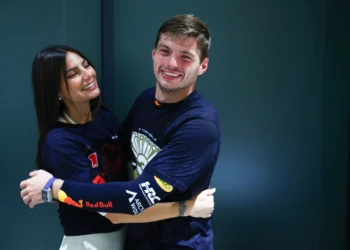NASCAR has struck back against the antitrust lawsuit filed by 23XI Racing and Front Row Motorsports, calling the claims “misguided” and based on contractual frustrations rather than genuine antitrust issues. On Monday, the racing organization formally requested a dismissal of the case, marking a pivotal moment in the legal battle that could reshape the sport’s governance.
NASCAR’s Defense: Four Pillars of Dismissal
In its motion, NASCAR outlined four key arguments for dismissing the lawsuit:
1. Time-Barred Claims
NASCAR argued that most allegations are outside the four-year statute of limitations. These include disputes over:
- NASCAR’s acquisition of the ARCA Menards Series (2018) and International Speedway Corporation (2019),
- Requirements for the Next Gen car introduced in 2020,
- NASCAR’s exclusive agreements with racetracks, and
- The original charter agreement.
According to NASCAR, these older grievances cannot legally form the basis of the lawsuit.
2. Lack of Antitrust Standing
The motion claims that because 23XI Racing and Front Row Motorsports did not sign the 2025 charter agreement, they are not bound by its contested provisions, including the release and non-compete clauses. NASCAR argues that without signing, these teams face no “concrete injury” and remain free to race elsewhere or even start their own league.
“Failure to secure preferred contractual terms is not an antitrust injury,” NASCAR stated.
3. Flawed Market Definition
NASCAR asserted that the lawsuit improperly defines the market, focusing on post-investment conditions instead of pre-investment dynamics. This, according to the motion, undermines the legal basis of the plaintiffs’ claims.
4. No Exclusionary Conduct
Finally, NASCAR emphasized that it did not refuse to engage with the teams. Instead, it offered contractual terms that the plaintiffs rejected. NASCAR also pointed out that the contested charter provisions, such as non-compete clauses, do not demonstrably harm market competition.
Jim France Speaks Out
NASCAR chairman and CEO Jim France filed a memorandum supporting the dismissal. France dismissed claims that he orchestrated a scheme to stifle competition, asserting that the allegations lacked factual substance.
“The claims fail to plausibly allege any scheme designed to achieve anticompetitive ends,” France stated.
The Lawsuit: A Recap
23XI Racing and Front Row Motorsports filed their lawsuit in October, accusing NASCAR and the France family of monopolistic practices. The teams claim these practices stifle competition and prevent fair negotiations. A motion for a preliminary injunction to race as charter teams in 2025 was denied in November, forcing the teams to refile in district court.
While the plaintiffs aim to challenge NASCAR’s dominance, the league argues that the lawsuit stems from the teams’ dissatisfaction with rejected contract negotiations.
What’s Next?
The two teams have until December 16 to respond to NASCAR’s dismissal motion. This timeline ensures the legal battle will carry into the off-season, potentially shaping the landscape of NASCAR governance and team operations.
As the lawsuit progresses, it raises critical questions about competition, fairness, and the balance of power within NASCAR. The outcome could set a precedent for how disputes between governing bodies and teams are resolved in professional sports. Will 23XI Racing and Front Row Motorsports prevail, or will NASCAR maintain its grip on the racing world? Stay tuned.










